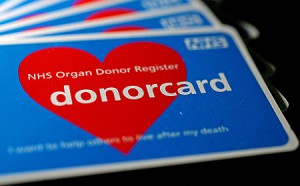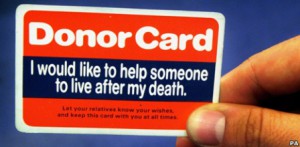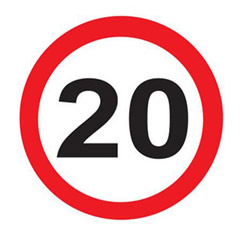I’ve been getting complaints from local residents about a particular problem with rats and am working with Environmental Health and the Housing Association to address the problem. In the meantime I thought it might be of use for other constituents to know what action the Council can take to tackle the issue.
RATS
Glasgow City Council’s Land and Environmental Services provides a free service for the investigation and treatment of rat infestations in all locations, with the exception of commercial premises. So it does not matter if you are a tenant or an owner occupier or if the infestation is in a garden, back court or vacant site our Pest Control Section will carry out a treatment efficiently, using the safest products available. If we have to treat an infestation for you do not expect instant results. Rats are naturally wary of new food sources and it may be some time before they are comfortable eating the bait. Once they start to feed on the bait it can take between 3 to 10 days for the poison to be effective. You must make sure that children and pets never get access to any rat poison.
If you are unfortunate and need to use this service please contact:
The Customer Care Centre – Tel: 0845 270 1558 and select option 4.
The Customer Care Centre operates 24 hours per day every day of the year.
Here is some information and advice which you might find of assistance.
Breeding Habits
Rats are found worldwide and are considered a pest because they can cause structural damage, spread disease and compete with us for food.
Rat populations can develop very quickly in suitable conditions. If sufficient food and shelter are available, they can breed throughout the year with a female producing 7 litters of 8 to 10 offspring.
Their normal lifespan, in the wild, is about 18 months
Signs
Rats are very much creatures of habit and tend to follow routes with which they are comfortable. This means that, if the activity is outdoors, you may find distinct trails where their activities wear away vegetation. Also look out for droppings which are dark coloured and about the size and shape of a sultana. As the rat is a burrowing animal you may find signs of this outdoors. Burrow entrances will be between 70 – 120 mm in diameter.
The rat exudes an oily film, to protect its fur, and this can leave distinctive smear marks along surfaces, with which they come into contact and footprints may be found in mud or dust.
Rats are very destructive creatures and you may also find damaged foodstuffs and packaging, cables, pipes and woodwork. Rats need to gnaw on hard materials to control the size of their front teeth so you may find signs of this. It does not mean that they are feeding on these materials.
Prevention
To prevent re-infestation and to assist with any treatment that is being carried out, it is important that you carry out any proofing or hygiene work which our Pest Control Officer recommends. Proofing is the technical term for any structural maintenance work which you have to carry out to deny access to rats. Hygiene controls are essentially depriving the rat of any food source, other than the poison bait.
As well as making these recommendations, the Pest Control Officer will be able to offer you practical advice on how to resolve any proofing or hygiene issues.
Things To Consider
-
- Remove all food sources
- Store refuse securely
- Rats are very resourceful creatures and will exploit any feeding opportunity which comes their way. From a pest control point of view, we would prefer that you did not feed birds whilst the treatment is in progress. If you feel that you must, please make sure that the food is not accessible to rats
- Make sure any pet food is stored securely and that any spillages are cleaned
- Clear up any dog mess (rats really will eat almost anything)
- Remove any source of water (turn any container, that might collect rain water, upside down)
- Clear any blocked drains
- Do not let gardens become overgrown
- Remove any piles of material, which may have accumulated in your garden


 Like 37% of Scots I’ve signed an organ donation card. Yet up to 90% of Scots indicate they support organ donation in the event of their death. That’s another 53% who could give the gift of life to someone after their own death.
Like 37% of Scots I’ve signed an organ donation card. Yet up to 90% of Scots indicate they support organ donation in the event of their death. That’s another 53% who could give the gift of life to someone after their own death. Officers from Glasgow City Council and Glasgow Community and Safety Services are employing new tactics to crack down on irresponsible owners who refuse to clean up after their pets.
Officers from Glasgow City Council and Glasgow Community and Safety Services are employing new tactics to crack down on irresponsible owners who refuse to clean up after their pets.


